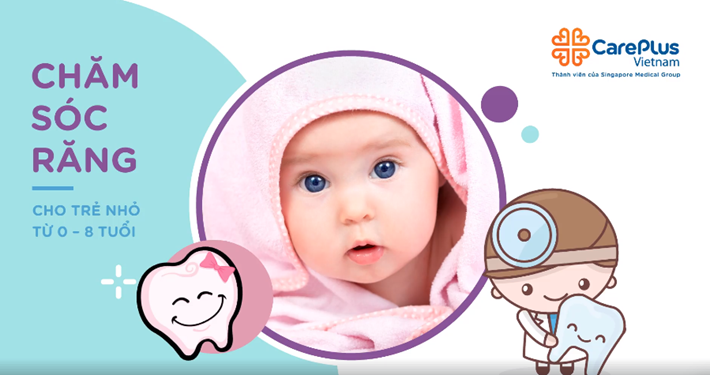Guideline On Oral Healthcare for Children From 0 - 8 Years Old

4/13/2018 1:19:24 PM
In response to the annual World Oral Health Day March 20, CarePlus want to raise awareness of oral hygiene, especially for children.
Parents should keep their teeth strong and long-lasting when they do not have teeth until they grow the first. Because it helps permanent teeth growing in the right position, helping kids having a healthy and beautiful smile in the future.